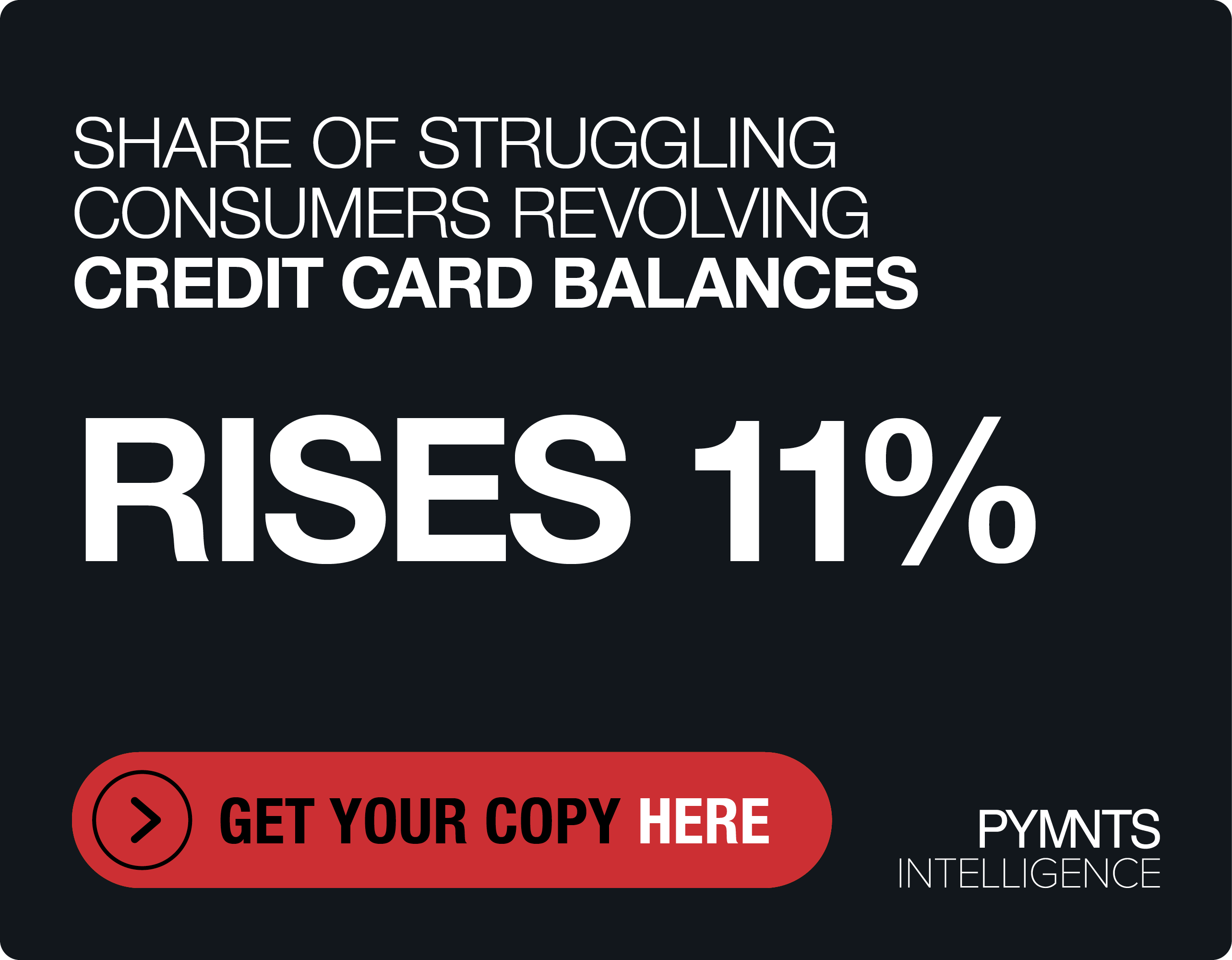Connected Healthcare Speaks up as Investments Pour Into Voice AI

Venture capital is flowing into voice solutions powered by artificial intelligence (AI) for the healthcare space as patients/consumers get more of a say in their care, from appointment scheduling to new modes of care delivery and digital health experience.
News site Fierce Healthcare reported that “healthcare venture fund raising and exits in 2021 smashed previous records, reflecting a continued excitement and push for hypergrowth in the industry,” adding that healthcare venture funding totaled $28.3 billion last year.
If the first four months of 2022 are any indication, this year could be on track to best that performance as healthcare hypergrowth focuses in specific areas like voice and AI solutions.
See also: Voice Takes its Place as Digital Front Door to Better Patient Experience
On April 21, clinical AI and natural language processing (NLP) platform Mendel announced a $40 million Series B funding round led by Oak HC/FT.
Mendel is investing in its Resolve platform for consolidating clinical information, saying in a press release, “Traditionally, it takes nearly five years to manually abstract 2 million patient lives. Mendel’s Resolve abstracts the same number in less than 24 hours” using AI and NLP.
On Monday (April 25) AI and NLP platform Syllable announced $40 million in Series C funding to improve its NLP-AI healthcare call center and scheduling solution, the Syllable Patient Assistant.
The company said, “Leveraging machine learning (ML) and natural language understanding (NLU), Syllable’s platform improves patient experiences and satisfaction while decreasing operational costs and staffing burdens for health systems.”
See also: Voice Tech Leans on AI to Humanize Customer Service and Experience
IoT On a Health Kick
Closely related is the April 25 announcement that remote patient monitoring (RPM) provider Anelto is adding new functionality called RemoteCareLive to its health platform.
Running on AT&T’s Internet-of-Things (IoT) network, RemoteCareLive is described as a console that provides in-home telehealth conferencing. It has a two-day battery backup and sends a notification immediately to care providers if power is disconnected.
“IoT-enabled RPM devices provide a quicker and more convenient service for patients and give them more control over their health,” AT&T Vice President of Healthcare Joe Drygas said. “For doctors, RPM solutions with IoT connectivity mean access to more complete patient data and the ability to act on that data as it’s received.”
See also: Healthcare’s Use of Voice Tech Seen as ‘Game Changer’ for Diagnostics, Patient Experience
Adding new skills to its voice assistant for physicians, healthcare platform Suki announced in mid-April that is expanding the menu of commands and prompts for its solution. New voice commands allow clinicians to get easy access to electronic health records, including vital signs, drug allergies and medical histories.
“Our team’s innovation continues to improve the outlook on clerical burden,” Suki CEO Punit Soni said, “one of the principal causes of the physician burnout epidemic plaguing healthcare.”
Not to be left out, Big Tech is making itself heard, too, teaming with telehealth platform Teladoc in February to bring new Alexa skills to Amazon Echo devices.
In that announcement, Teladoc Health Chief Product Officer Donna Boyer said, “By introducing and integrating our virtual first care experience with Echo devices, we are providing an innovative and convenient way for users to connect with a doctor. We are meeting consumers where they are, to continue to deliver value and high-quality care to members.”
See also: Alexa-Teladoc Deal the Latest Shoutout to a Future of Voice-Assisted Healthcare
